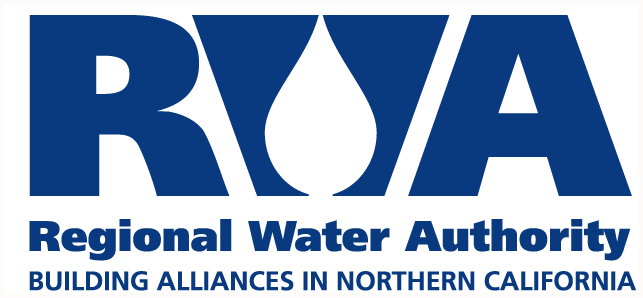Story updated May 25, 2017
The Assembly Water, Parks and Wildlife Committee on April 25 approved two RWA co-sponsored bills aimed at enhancing drought preparedness and long-term water efficiency, moving them forward to the Assembly Appropriations Committee.
The bills were placed on the suspense file on May 10, and the Appropriations Committee is set to consider them on Friday, May 26.
AB 968 (Rubio) and AB 1654 (Rubio), co-sponsored by the Regional Water Authority and the Irvine Ranch Water District, are based on concepts developed by a statewide coalition of water providers to enhance drought preparedness, water management and improved efficiency while minimizing negative impacts. John Woodling, executive director of the Regional Water Authority, and Paul Cook, general manager of Irvine Ranch Water District, led testimony in support of the bills. The Association of California Water Agencies and numerous water providers and other associations also testified in support.
AB 968 and AB 1654 build on the foundation created by the State’s Urban Water Management Planning Act and SB x7-7, landmark legislation passed in 2009 that requires urban water providers to reduce water use 20 percent by the year 2020. More specifically, the two-bill package would:
- Preserve the state Legislature’s oversight and control over long-term water use target setting
- Build on past success by maintaining multiple options to set efficiency targets instead of a one-size-fits-all approach for water use reduction
- Enhance requirements for local planning and response to drought
- Require annual reporting so the State’s response to drought can be targeted at the specific areas requiring assistance
- Encourage further capital investments at the local level to increase supplies, efficiency and resiliency to drought, including promoting recycled water, stormwater capture, desalination and conjunctive use
AB 968 and AB 1654 are viewed as alternatives to the Brown Administration’s legislative proposal for long-term conservation, which would give the State Water Resources Control Board unprecedented and unchecked power to mandate water use reductions through uniform statewide conservation standards that will supersede unique local conditions, usurp local control and undermine the State’s long-established water rights system.
Learn more:


